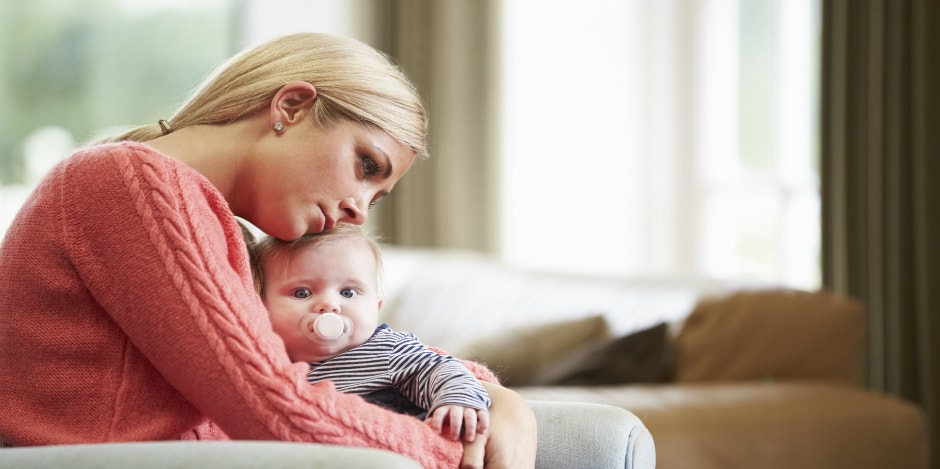7 Ways To Protect Kids From YOUR Parental Depression
Science says parental depression can affect children, so protect your child before it's too late.

The National Institute of Health documented extensive research on the impact of parental depression on children. Depression is a serious mental health challenge. Parents with depression do things differently from non-depressed parents. The depressed parent may sleep too long, miss feeding and changing times, and provide lackluster infant stimulation.
But parents with depression can be proactive. Explore this checklist for healthy child-rearing by parents with depression.
7 Ways to Protect Your Child's Mental Health From Parental Depression
- Seek help from a mental health expert. Notice that it is about "Mental HEALTH," so you know this expert wants you to be healthy, happy, and whole. Parents do not have to feel embarrassed or scared to get help. Depression treatment is safe and often effective.
- Recruit help from non-depressed family, friends, and neighbors. The depressed partner can ask the non-depressed co-parent to pick up the slack. Let your child be around happy, well-adjusted, and non-depressed adults as much as possible.
- Create a developmentally appropriate daily care schedule for your child. Use alarms to track when to get your child up in the morning, when to feed and change diapers, and when to go outside for fresh air.
- Get a parent coach or mentor. A trustworthy friend with great parenting skills and a good attitude can help you stay on track with quality daily interactions to stimulate your child's healthy development. Local parent groups may also have a mentor program to get you on track.
- Get support from a family counselor or child development expert. A trained child development professional can help depressed parents make changes to behavior, schedule, and interaction with the child to promote a healthier outcome for the baby.
- Seek the support of a child mental health or development expert if children show any signs of concerning sadness, frustration, listlessness, or anxiety. Child development is a well-documented process and experts know how to make changes to stimulate appropriate child development.
- Utilize your community resources. Local pediatricians, child mental health experts, parent support groups, community mental health board, and school board all have resources to help parents with depression provide effective and developmentally appropriate parenting to their children.
Parents with depression should not feel embarrassed, but they should be realistic. Parental depression puts children at risk for physical and mental health problems. Taking a proactive stance, working through this checklist, and remaining focused on developmentally appropriate parenting is a great start to raising a child who is healthy, happy, and whole.
Read the first article in this series about Parental Depression and Children.
Darleen Claire is a Parenting Expert, Educator, and Counselor with a focus on brain-based learning for children and adults.

